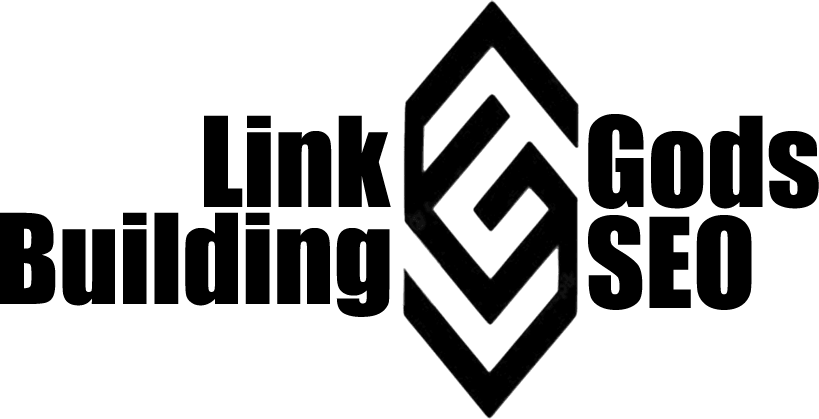What Is a Blog?. A blog, derived from “weblog,” is an online journal or informational website that presents content in reverse chronological order, with the most recent posts appearing at the top. It serves as a platform for individuals or groups of writers to express their opinions and insights on specific subjects.

As of today, the internet hosts more than 570 million blogs, with the number of bloggers in the USA projected to reach 31.7 million users by 2020.
What Is the Purpose of a Blog?
Blogs serve various purposes, with distinct motivations for personal and business bloggers. In the context of business blogging, the primary objective is to enhance a website’s search engine ranking, specifically in Google’s Search Engine Results Pages (SERPs), thereby increasing online visibility.
For businesses, blogs are a crucial means of reaching potential customers and capturing their attention. Without a blog, a website remains inconspicuous, whereas maintaining one ensures discoverability and competitiveness.
In essence, a blog’s core purpose is to establish a connection with the relevant audience and boost website traffic, generating valuable leads. Consistently high-quality blog posts increase the likelihood of your website being found and visited by your target demographic. Consequently, a blog is a potent tool for lead generation, especially when complemented with compelling calls to action (CTAs). Moreover, it allows you to showcase your expertise in a particular niche and build brand credibility.
By leveraging your specialized knowledge to craft informative and engaging content, you cultivate trust with your audience. Effective blogging enhances your business’s credibility, a crucial asset if your brand is relatively new and lesser-known. Simultaneously, it ensures a strong online presence and establishes niche authority.
Blog Structure
Blog structures have evolved over time, incorporating a variety of elements and widgets. Nevertheless, most blogs maintain certain standard features and layouts:
1. Header with a menu or navigation bar.
2. Main content area featuring prominently displayed or recent blog posts.
3. Sidebar containing social profiles, featured content, or call-to-action elements.
4. Footer containing relevant links, such as disclaimers, privacy policies, and contact information.
Distinguishing Blogs from Websites
Distinguishing between blogs and websites has become more challenging due to the integration of blogs into websites. However, key distinctions remain:
Blogs necessitate regular updates, often revolving around specific topics or industry news, encouraging reader engagement through comments and community interaction.
Websites primarily feature static pages with content that rarely changes between visits.

Key identifiers of a blog post include a publication date, author attribution, categories, and tags within a byline, elements typically absent from static website pages.
Blogs provide fresh content regularly, offering something new to readers with each post, while website content remains relatively static.
What Is Blogging?
Blogging encompasses a set of skills required to operate and oversee a blog effectively. It involves equipping a webpage with tools that simplify the process of writing, posting, linking, and sharing content on the internet.
Why Is Blogging So Popular?
The popularity of blogging continues to rise, driven by several factors. In its early stages, blogs gained prominence as news services used them for outreach and opinion formation, evolving into new sources of information.
For businesses, blogging offers a constructive means to enhance customer satisfaction by keeping clients and customers informed. Increased blog traffic results in heightened brand visibility and trust.

Personal and niche bloggers have recognized the potential to reach larger audiences interested in specific topics. Blogs enable visitor interaction, fostering a network of loyal followers.
Importantly, blogging can be monetized as your blog garners attention and a dedicated following. It provides opportunities to offer services and sell products, contributing to revenue generation.
Who Is a Blogger?
Bloggers have gained recognition for various reasons, turning blogging into an alternative career or side hustle for many individuals. Bloggers are individuals who share aspects of their lives, offering insights on topics spanning arts, home design, carpentry, finance, and more. Bloggers are mobile, operating on the internet from various locations.
Why Are Many People Blogging Today?
Blogs allow individuals to express their opinions on topics they are passionate about and create a network of followers. Bloggers have the opportunity to reach a broad audience and share their unique stories, experiences, and perspectives.
Can Bloggers Earn Money?
While bloggers can generate income, it is not a get-rich-quick endeavor. Building credibility in your niche and improving your Google SERPs ranking requires time and high-quality content. Income opportunities arise as your blog gains recognition:

1. Selling ad space on your blog, either directly or through platforms like Google AdSense.
2. Becoming an affiliate partner, either privately or through ad networks.
3. Selling digital products, such as eBooks and tutorials.
4. Offering memberships for exclusive content or advice.
5. Using your blog as a content marketing tool for your business.
If you’re using your blog to promote an existing business, your monetization strategies may differ. You might focus on offering exclusive digital products to capture leads and move them through your sales funnel.
Interested in Starting Your Own Blog?
Creating a personal blog involves several steps. Begin by selecting a domain name (your blog’s name) and choosing the best blogging platform to suit your needs. Self-hosted platforms, with WordPress.org being the most popular choice, offer flexibility.
Next, choose a web hosting service. For newcomers, we recommend Bluehost, which provides a free domain name upon sign-up and a 30-day money-back guarantee.

In Conclusion: What Is a Blog?
This overview sheds light on the world of blogging. If you’ve embarked on your blogging journey, the next step involves crafting content to engage and satisfy your future readers. Explore our extensive list of blogging resources to help you manage and grow your new blog!
Read More: What is Joomla?


Trackbacks/Pingbacks